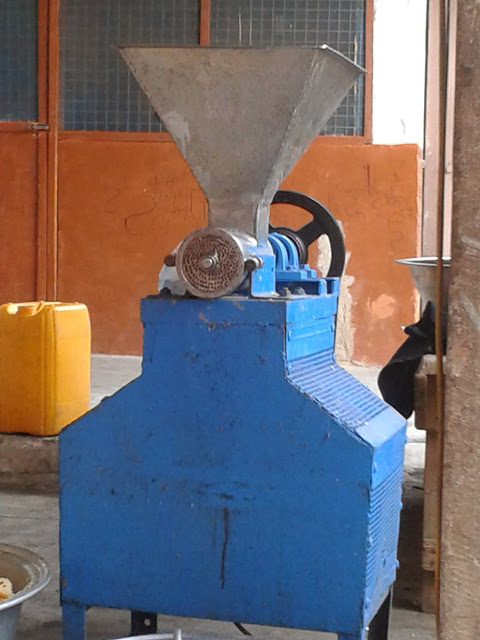Search This Blog
MINDFULNESSES , VULNERABILITY, EXPERIENCES, HEALING, SOUL SEARCHING, CAREER, RELATIONSHIP MOTHERHOOD, PARENTING, SOCIAL ISSUES
Posts
Showing posts from 2014

Posted by
josefynne etornam
WOES OF GHANAIAN INTERNS.
- Get link
- X
- Other Apps

Posted by
josefynne etornam
IS ALL REALLY SET FOR GHANA TO MIGRATE FROM THE ANALOGUE TO THE DIGITAL TV PLATFORM?
- Get link
- X
- Other Apps

Posted by
josefynne etornam
A TRAVEL, BUT NOT A TRAVEL BLOG.
- Get link
- X
- Other Apps

Posted by
josefynne etornam
FUFU POUNDING MACHINES USURPING THE MORTAR AND PESTLE.
- Get link
- X
- Other Apps

Posted by
josefynne etornam
A MUCH ANTICIPATED BUT CHALLENGING TRIP TO THE VILLAGE BUILT ON SILT
- Get link
- X
- Other Apps